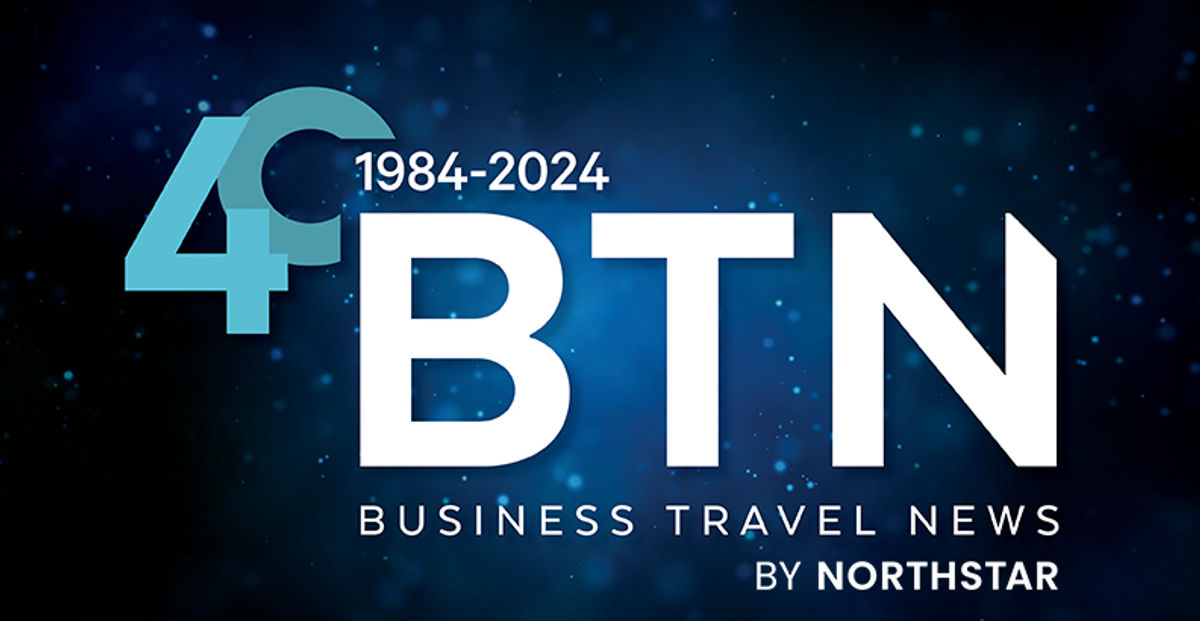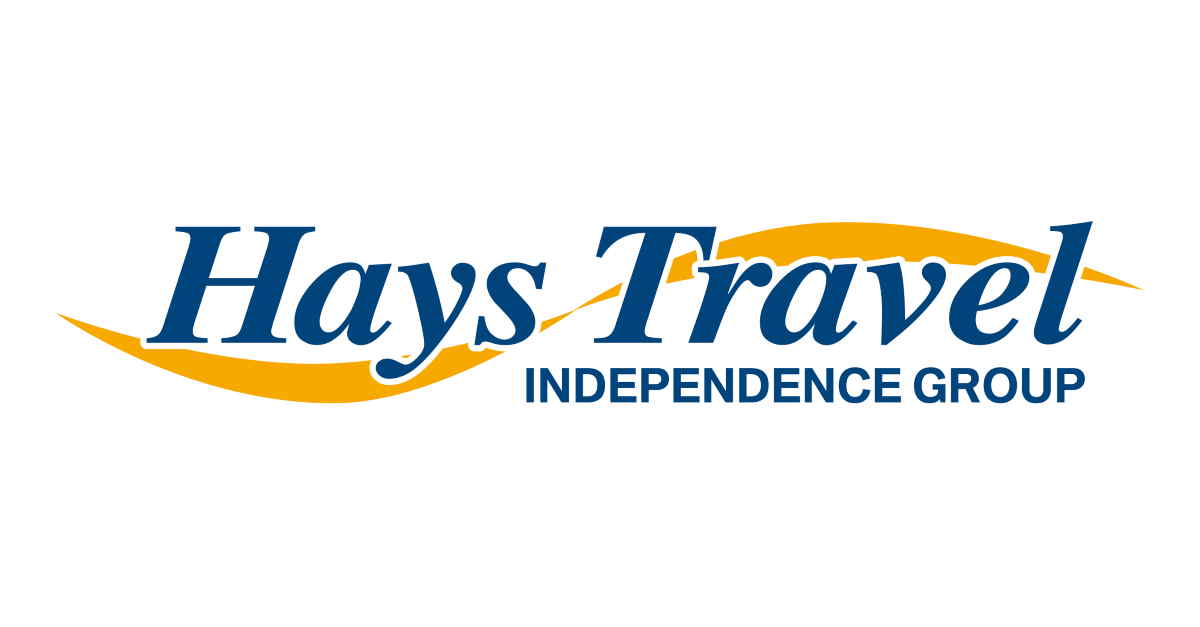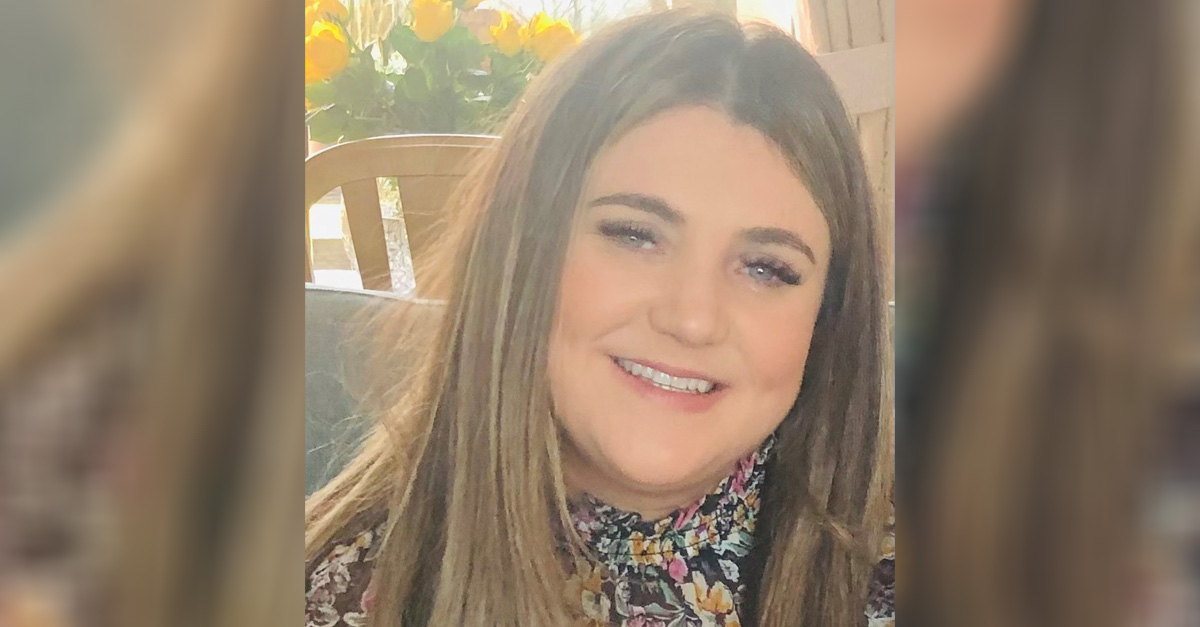DOT Proposes Airlines Pay Cash for Cancellations, Significant Delays
The U.S. Department of Transportation has launched another rulemaking that would require airlines pay customers when a flight is canceled or significantly delayed, the agency announced Thursday.

The U.S. Department of Transportation has launched another rulemaking that would require airlines pay customers when a flight is canceled or significantly delayed, the agency announced Thursday.
DOT is seeking public comments on the proposal, which would require airlines to pay passengers cash compensation, rebook them for free on the next available flight, and cover meals, overnight lodging and related transportation expenses when a disruption is caused by the airline, such as for a mechanical issue or an airline IT system breakdown.
"Now that we are on the other side of the pandemic and air travel is breaking records, we must continue to advance passenger protections," DOT Secretary Pete Buttigieg said in a statement.
The compensation fees DOT proposed are tiered: $200 to $300 for domestic delays of at least three hours but less than six, $375 to $525 for delays of at least six hours but less than nine, and $750 to $775 for delays of nine hours or more.
Industry lobbying group Airlines for America in a statement said that "mandating additional cash compensation—beyond what airlines already provide—will drive up ticket prices, make air travel less accessible for price-sensitive travelers and negatively impact carrier operations."
A4A also noted that carriers already provide automatic refunds for passengers who choose not to be rebooked, regardless of whether the cancellation or significant delay is within the carrier's control, and provide reimbursements for food, transportation and lodging for significant controllable delays. Those two steps followed separate DOT requirements that took effect in October for the former and in September 2022, respectively.
Instead, A4A urged the Biden administration to solve for the "air traffic controller shortage and outdated [Federal Aviation Administration] infrastructure that is impacting operations and customers today."
Comments on the proposed rulemaking must be received within 60 days from the date that it is published in the Federal Register. That date would fall past the Jan. 20 inauguration of the incoming Trump administration, which could affect DOT rulemakings, including this one.
The new proposal comes one day after U.S. senators in Washington grilled executives from American Airlines, Delta Air Lines, United Airlines, Frontier Airlines and Spirit Airlines on airline fees. Sen. Richard Blumenthal (D-Conn.), chairman of the Senate subcommittee on investigations, according to the AP said the federal government should review and perhaps fine airlines for what he called "junk fees," which can include charges for early boarding, better seats and other ancillaries.
The executives positioned the fees as providing consumers with choices.
"A one-size-fits-all travel model would deny lower-cost options to our customers," United chief commercial officer Andrew Nocella said in prepared remarks. "Our customers who prioritize affordability have the option to choose a lower fare product and, in doing so, opt out of paying for additional services that they do not want. But we also have customers who seek more services, and they retain the ability to choose the services they value, for an incremental fee, like a seat with extra legroom or checked bags."
Not all the senators bought that defense. "We're all captives on your airplanes at a certain point," said Sen. Maggie Hassan (D-N.H.) according to the AP. "You just say, 'You want to pick [a] seat? We're just going to charge you some random amount more.' It would be good if you guys could be transparent about what you do and why."

 UsenB
UsenB 
































